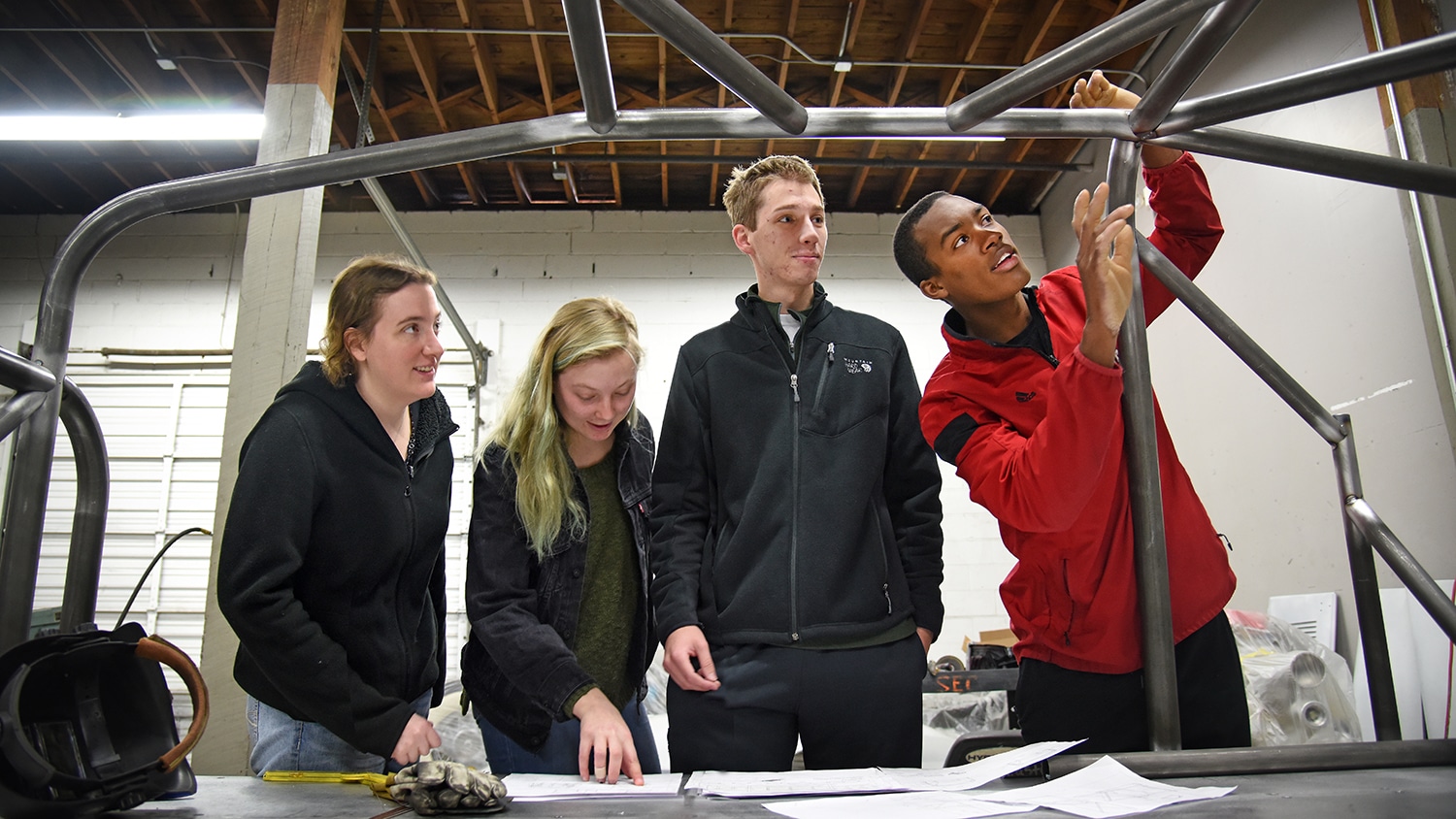A website that offers “news coverage and in-depth analysis of global technology trends” has ranked NC State sixth nationally on a list of top colleges for women and minorities in science, technology, engineering and math (STEM).
NC State was the highest ranked public, non-historically black college and university (HBCU) school on the list from ZDNET.
“NC State University ranked 1st in top, public universities awarding engineering bachelor’s degrees to women,” the website said. “The university fosters a plethora of engineering programs, including Women and Minority Engineering Programs, Women in Engineering Programs and Minority Engineering Programs. Students may join the Society of Women Engineers, Women in Aerospace and Women in Nuclear Programs.”
Women and Minority Engineering Programs within NC State’s College of Engineering work in a number of ways to increase the number of women and members of historically underrepresented groups (URM) studying in the College and ensuring their success as students and beyond through community-building, mentorship, academic support and professional development. NC State also offers students an opportunity to be a part of Women in Science and Engineering (WISE) Village, a residential community for first- and second-year women undergraduate students studying STEM subjects.
The College of Engineering has prioritized recruiting a more diverse faculty and student body and creating an environment that is welcoming for all. To that end, a new assistant dean for student, faculty and staff equity and inclusion position was created this year.
Since 2006, the College has tripled the number of women and doubled the number of underrepresented faculty members. The College’s fall 2021 first-year engineering class was 32.8 percent female, and fall 2022 is anticipated to post a similar number, which sets the College well above the national average of 19 percent. The fall 2021, first-year engineering class was 14.9 percent URM, and for fall 2022 the percentage is expected to be 16.2 percent.
“Our method of selection included recruitment and retention rates of underrepresented students, retention and graduation rates, and professional networking opportunities as well as real-world research experience, STEM clubs and mentoring programs,” the website said.
Read the entire list by visiting https://www.zdnet.com/education/science-engineering/best-colleges-women-minorities-stem.
This post was originally published in College of Engineering News.
- Categories:



